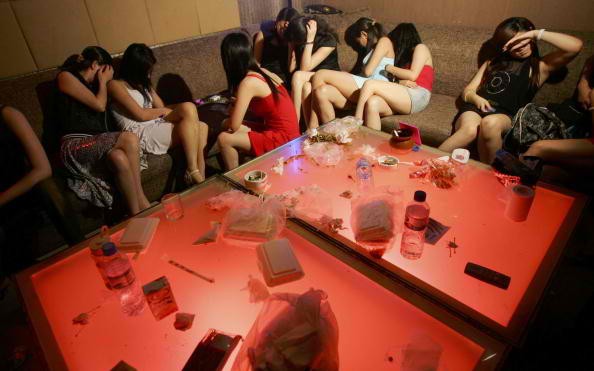Prostitution in China is illegal, but as far as clamping down on the sex trade is concerned, the country is beset with difficulties peculiar to the existence of a vast profit-generating network of related industries and outdated laws that make enforcement more challenging.
The Global Times reported that the rapid expansion of China's sex trade has been aided with the widespread use of social media, making enforcement of existing laws even harder. Plus, the significance of related industries to domestic economies also poses a challenge.
Chinese Academy of Sciences sociologist Li Yinhe said that the growth of China's sex trade has gone through such a phenomenal rate, that he described the recent raids of three Beijing nightclubs as a "drop in the ocean."
Investigations on Baoli Club, Landai Club, and Lihai Mingyuan Club, which placed 77 people into custody for prostitution per Yibada, revealed a daunting discovery: all of the sex workers, paid between 5,000 to 8,000 yuan, are hired by one company, and asked to do shifts in various assigned venues.
Given the lucrative scale of China's sex industry, the difficulty experienced by authorities in eliminating it can be explained in the way it is protected by a profit-generating network: contractors, hotel operators, managers and pimps, and even just the sex workers themselves.
Social media proved to be an instrumental tool for facilitating prostitution. Under such a form, eliminating the trade in China has become a much more difficult deed, as those involved in the trade have found various innovations on marketing their services online.
The obsolete state of anti-prostitution laws in China has also posed a relatively toothless challenge against people in the country's sex trade, paving the way for corruption. The police, for example, has discretionarily detained violators, with those they release having paid dirty money in exchange.



























